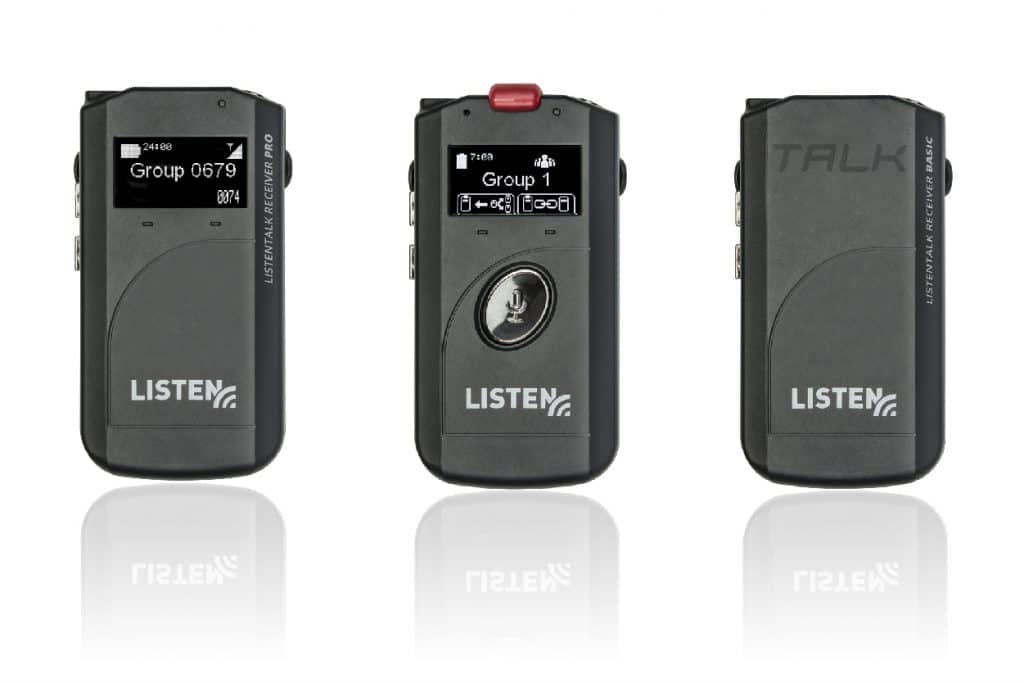- Loading…
This blog post is the second in a series on how organizations might secure funding for small projects such as an assistive listening system.
Read “Raising Money 101 – Funding An Assistive Listening System”.
While the focus of this series is on funding for assistive listening systems, this post expands its scope to Assistive Technology.
If you’ve never written a fundraising proposal for Assistive Technology, you may find the following background resources very helpful.
The fact sheet from the Arc addresses the types of technology that can help people with intellectual and other disabilities like Down syndrome and cerebral palsy with communication, mobility and daily living. The document is in Word format.
Alexander Graham Bell Association for the Deaf and Hard of Hearing – http://www.agbell.org
Emphasizes the use of technology, speech, speech reading, residual hearing, and written and spoken language. Focuses specifically on children with hearing loss, providing ongoing support and advocacy for parents, professionals, and other interested parties. Email: info@agbell.org
American Academy of Audiology – http://www.audiology.org
The American Academy of Audiology promotes quality hearing and balances care by advancing the profession of audiology through leadership, advocacy, education, public awareness, and support of research.
Email: info@audiology.org

We would love to deliver valuable insights right to your inbox once a month.

We would love to answer your questions, provide you with a detailed quote, or send you more information.
14912 Heritage Crest Way
Bluffdale, Utah
84065-4818 USA
Phone: +1.801.233.8992
Toll-Free: 1.800.330.0891
Office Hours
8:00 am – 5:00 pm MT
Monday – Friday
First, select the calculator type, USA (for Americans with Disabilities Act - ADA), California (for California Building Code), or Australia (for Australia's Disability Discrimination Act 1992). Enter the seating capacity and the number of minimum assistive listening devices required and the minimum number of neck loops will automatically populate based on the calculator type selected.